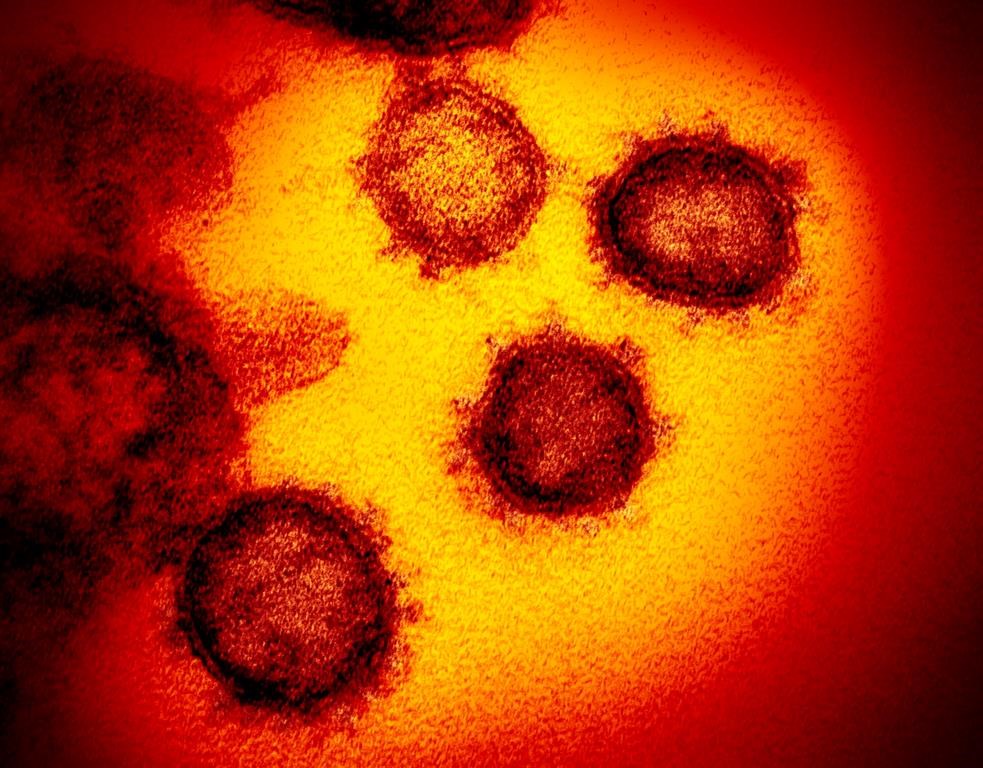Serology tests, which detect whether someone has antibodies to COVID-19, are one step closer to being rolled out across Alberta.

According to Alberta Health Services, Alberta Precision Laboratories is in the final stages of validating multiple serology tests, including one that was the first of its kind to be approved by Health Canada on Tuesday.
READ MORE: Canada authorizes use of first blood tests to detect COVID-19 antibodies
Those validations are expected to be completed by Thursday; a serology advisory group will also meet Thursday to discuss the next steps for the test.

AHS said that, while there is no definitive timeline on when widespread testing will be made available for all Albertans, an initial serological strategy could be in place by the end of the month. A national task force is also providing guidance on the appropriate use of serology.
Dr. Craig Jenne, an infectious disease specialist at the University of Calgary, said the test is a tool to provide insight into the virus and its spread.

Get weekly health news
“What this will do is it will give us a much better idea of how far this virus has gone in the community, who is spreading it, who is contracting it, who is asymptomatic for example,” he said.
However, he cautions serology tests cannot be used for immunity passports.
“Even if we detect you have antibodies against COVID-19, it doesn’t mean these antibodies are protective. We could recognize the wrong part of the virus for protection. We would also recognize the virus with antibodies but not have enough antibodies to fully protect us,” Jenne said.
“So the mere presence of antibodies alone does not mean we are protected and we shouldn’t be using this as a green light to say we are fully immune to the virus.”
Dr. Theresa Tam, the country’s chief public health officer, said Wednesday the tests will be used in the context of population studies.

“The immunity task force that was formed just a short while ago has been really active in trying to accelerate and prioritize these tests so we can use them to determine, across the population, an estimation of Canadians that have been infected in different places or different age groups or different risk populations,” Tam said.
Health Canada said that it would be using the LIAISON test, which is developed by Italian biotech company DiaSorin and was recently approved by the U.S. Food and Drug Administration.
-With files from Heather Yourex-West









Comments
Want to discuss? Please read our Commenting Policy first.